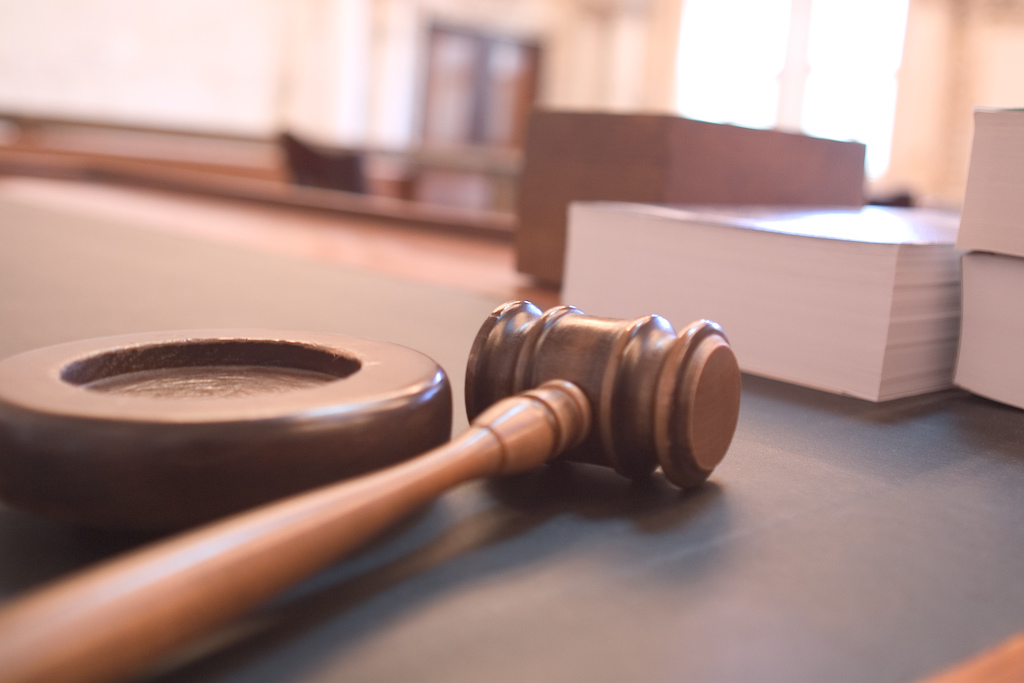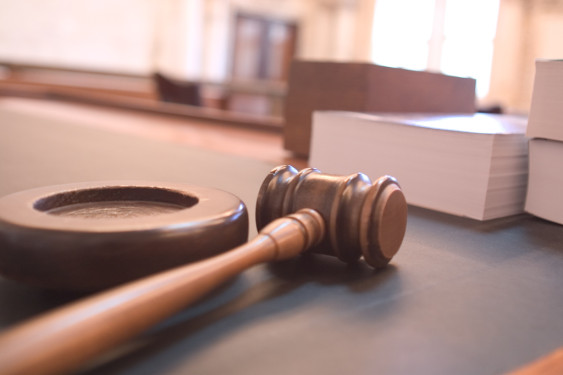Update: Mr. Zepeda was sentenced to 60 days in jail but the Skagit County Superior Court Judge gave him credit for time served before he posted bail. He served five days.
On Friday, October 4, Donald Jose David Zepeda was convicted by a jury on charges related to his 2017 attempt to shut off Kinder Morgan’s tar sands pipeline that delivers oil into Washington. I don’t have much additional information on his case, as the media coverage has been scant up to now. But even this bare-bones description highlights the risks associated with civil disobedience and the limits of what is known as the “necessity defense.”
Mr. Zepeda is a valve turner, but he’s not one of the official Valve Turners, a group of activists who in 2016 coordinated pipeline shutdowns across four states and have since been the subject of multiple media profiles.
The Valve Turners were charged with various criminal offenses, and at their trials they fought to present a necessity defense to the juries, arguing that the illegal acts were justified by the threat of climate change and risks of importing oil from the Canadian tar sands. One of the Valve Turners, Kenneth Ward, successfully persuaded a Washington court that the right to present evidence to support a necessity defense is constitutionally protected.
Mr. Zepeda was able to capitalize on Ward’s victory: his court-appointed lawyers were able to present a necessity defense for the jury’s consideration—Sightline’s own Eric de Place provided expert testimony—and the jury was allowed to consider the defense as a possible reason to find Mr. Zepeda not guilty. (You can read an earlier post on the defense to get a sense of the two separate decisions involved here.)
I can’t say why the jury was not convinced, but Mr. Zepeda now faces jail time, with his sentencing scheduled for Wednesday, October 16.
Truth be told, this is a built-in feature of civil disobedience—there is always the threat of punishment for someone who deliberately breaks the law. Moreover, that possibility makes the desperation underlying the decision to act all the clearer.
But the ultimate goal of civil disobedience is not simply to end up in a jail cell. It is, as described by Dr. Martin Luther King, to create the tension needed to prompt a community to confront a pressing injustice. A necessity defense can further that aim by providing a public forum to discuss what motivated the defendant. In the climate context, that includes the peer-reviewed science detailing the consequences of the status quo and the immediate need to aggressively move towards a clean energy future.
Unfortunately, a solitary act of civil disobedience that largely escapes media coverage has a limited capacity for changing anyone’s perceptions or spurring political change. When author and activist Bill McKibben spoke at Seattle University years ago (where I teach climate change law), he told the crowd that the most important thing that an individual can do to help the climate is “become less of an individual.” This is the power that comes from large groups of people working together for change. My intent is not to criticize Mr. Zepeda but to emphasize the point that we require large-scale, institutional change if we are to seriously address the threat of climate change.
As Sightline readers are no doubt aware, there was major collective action recently, with millions of marchers in the streets across the globe demanding that governments respond to the ongoing climate crisis. Hopefully, in the months and years ahead the momentum will carry forward into actual policy changes. If that comes to pass, perhaps Mr. Zepeda will be able to take comfort in seeing the kind of progress that he no doubt hopes to inspire.
Michael Mayer practiced environmental law in the Northwest for close to a decade and now teaches climate change law at Seattle University School of Law.









